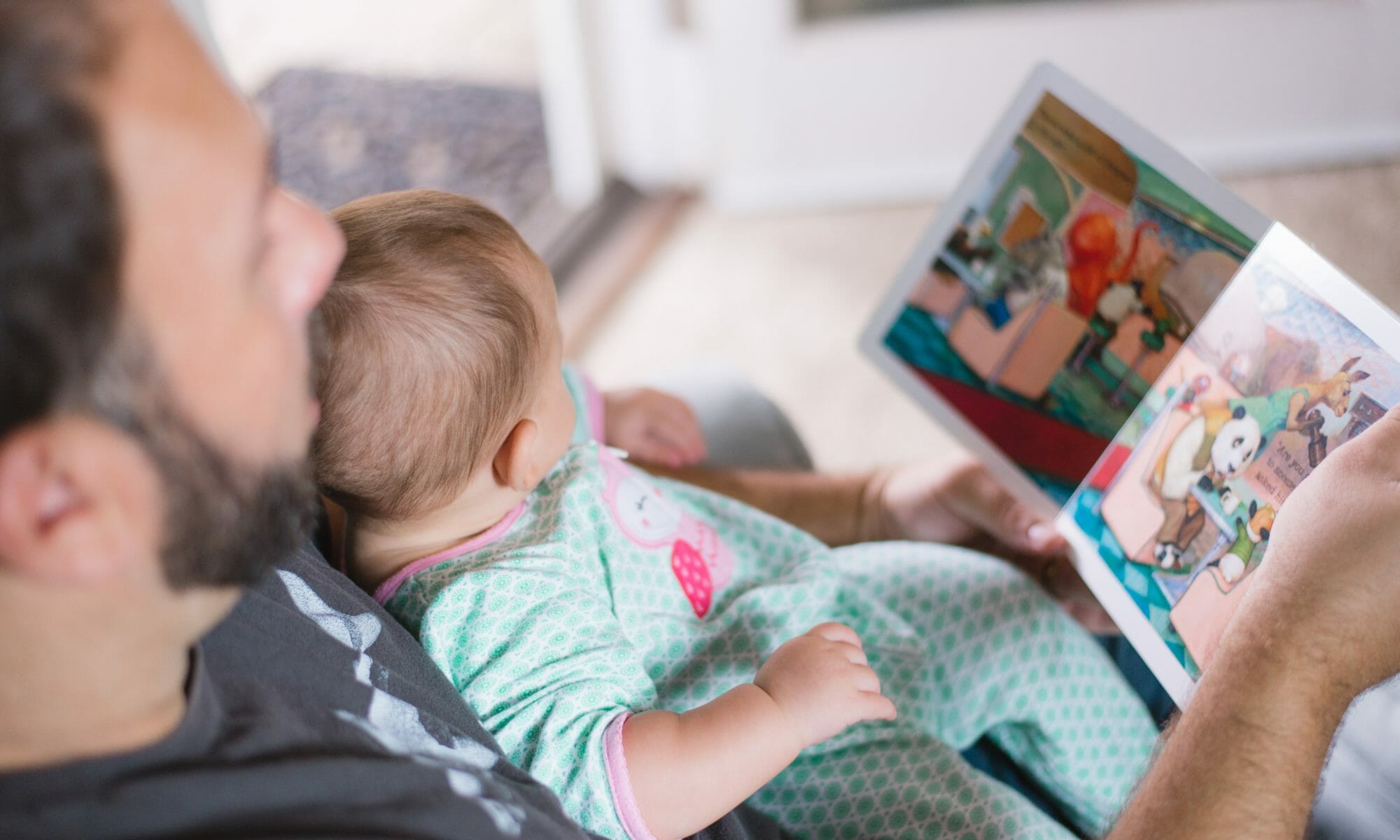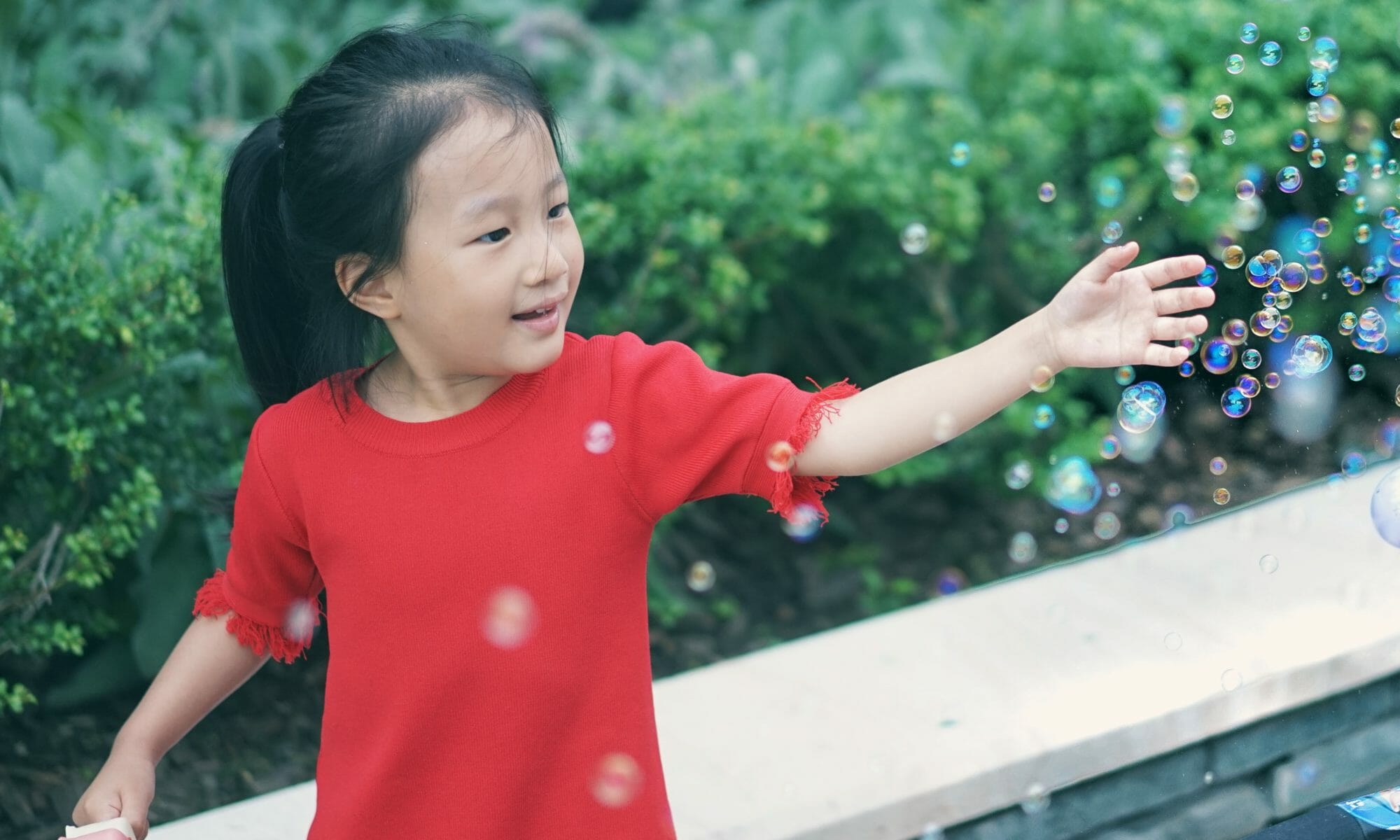Children are very sensitive. Their brains are designed to imitate, repeat, and understand unspoken language. Parents often try to protect their kids from life’s toughest parts, thinking they can also hide their own feelings, especially if those feelings are complicated or involve anger, hurt, jealousy, and doubt. When parents have relationship problems, children can feel jealous as a reflection of the parent’s conflicts.
It’s really important to let your kids know that it’s normal to feel jealous or resentful toward their siblings sometimes. Everyone has selfish moments, and life isn’t always fair. Kids notice even small amounts of favoritism, which can lead to cries of “It’s not fair!” or “Mom always liked you best!”
When sibling jealousy becomes violent or constant, it needs to be addressed with firmness and compassion. If left untreated, jealousy can stunt emotional growth, increase selfishness, and lead to erratic, sometimes dangerous, behavior. These issues are common among children of divorced or separated parents and need extra care and support, not shame and condemnation.
The best way to reduce or avoid sibling rivalries is to frequently remind children of their unique and wonderful qualities. Here are four ways to help children resolve their differences and become lifelong friends as well as siblings.
1. Talk to Your Kids in a Friendly Way
When discussing feelings like jealousy with your kids, use simple words so that they can understand. This helps them connect with what you’re saying. You should choose language that matches their age. For example, instead of saying “emotional conflicts,” you can say “feeling upset or confused.”
You can use some examples from their daily lives to make jealousy easier to understand. Like you can say –
“Remember when you felt jealous because your sister got the bigger piece of cake? That made you sad, right? It’s okay to feel that way, but it’s important to talk about it.”
This sort of conversation helps your kids to share what’s going on in his/her mind. You can also help them picture what jealousy is. You could say, “Jealousy is like a cloud that covers the sun. When you’re jealous, it’s hard to see the good things around you.”
Always encourage your kids to ask questions if they don’t understand something. This keeps the conversation going.
Example Conversation:
Parent: “You know how you might feel upset when your brother gets a new toy? That feeling is called jealousy. It’s normal, but let’s talk about it.”
Child: “Like what?”
Parent: “Remember when you were jealous and wouldn’t play with him? That made you both sad. Jealousy can make it hard to have fun together, like a big cloud that makes everything gloomy.”
Child: “Yeah, I didn’t like that!”
Parent: “Exactly! Instead of feeling that way, we can talk about it or share. If you feel left out, tell me or your brother so we can work it out together. That way, we can enjoy our time again!”
Using this approach helps your kids understand jealousy and how it affects their relationships.
2. Ensure Your Home Environment and Overcaring Aren’t Fueling Jealousy:
By balancing support and independence, you can create a caring environment that builds your children’s confidence and reduces jealousy.
Don’t Over-Pamper. It’s great to show your child love and attention, but too much pampering can make them feel entitled. When a new sibling arrives or they meet a more confident friend, your child might feel insecure and threatened. This can lead to sadness and low self-esteem if they don’t get constant approval.
Try to avoid Overprotecting. Sometimes, Protecting your child too much can backfire. If you keep them from facing challenges for too long, letting them go suddenly can feel overwhelming. This can make them shy and jealous of more confident friends. Also, if you set strict rules without explaining, it can hurt their self-esteem and make them feel less valuable compared to siblings or friends. As you know your kid’s self esteem is very important. Never forget that your child’s self-esteem is very vital to address.
3. Don’t compare your kids to each other. And don’t prioritize one kid than other
As parents, it’s crucial to avoid comparing your kids to one another. I know it’s a natural tendency, but prioritizing one child over another can create divisions within your family. Each of your children is unique, with their own gifts and talents. By embracing their individuality, you foster the unity you want in your home.
When you consistently compare one child to another, you risk hurting them. They might start believing negative things about themselves, leading to conflicts with siblings, losing interest in activities they once loved, or even developing feelings of superiority. This cycle affects their self-esteem and can strain their relationships with each other.
Be mindful of the labels you use as well. It’s easy to identify one child as “the pretty one” and another as “the smart one,” but these labels can create lasting impressions that shape how your children see themselves and relate to one another.
There will be times when you feel closer to one child due to circumstances or personality compatibility, and that’s completely natural! However, if that imbalance lasts too long, the child who feels overlooked might become hurt and start acting out.
Additionally, pushing your kids to participate in the same activities and comparing their performances can lead to unhealthy competition. Each child has their own strengths and weaknesses, and expecting identical results can create jealousy instead of encouraging personal growth.
4. Channelize Negative Emotions into Positive Outcomes
Helping your child redirect negative emotions into positive actions can be a powerful tool in addressing feelings like jealousy. For instance, if your child feels envious of a sibling or friend who excels in academics, guide them to use that emotion constructively. Encourage your child to set personal study goals and develop better study habits. You can share successful people’s stories , such as that of Michael Jordan, the legendary basketball player.
Michael Jordan faced numerous setbacks early in his career. He was even cut from his high school basketball team, which could have easily led to feelings of envy and defeat when he saw others succeed. Instead of dwelling on negative emotions, he used the experience to fuel his determination. Jordan practiced relentlessly, honing his skills and pushing himself to improve. His dedication and perseverance transformed his initial frustrations into a legendary career, making him one of the greatest athletes of all time.
By sharing stories like Michael Jordan’s with your child, you can show them that challenges and setbacks are opportunities for growth. Encourage them to channel their feelings of jealousy into productive actions, such as setting a study schedule, seeking help from teachers or tutors, and practicing consistently. By focusing on their own efforts and improvement, they can transform negative emotions into a driving force for success.










